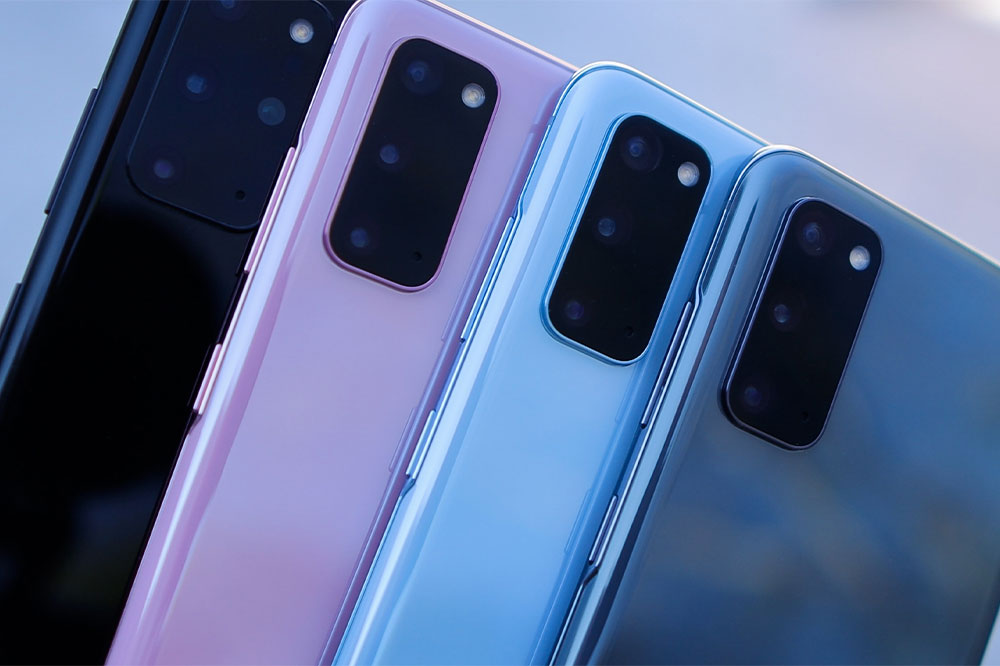
Avoid these mistakes when buying a smartphone
Countless smartphone devices are launched every year, making it exceptionally confusing and overwhelming for customers to pick an ideal choice that matches their budget and suits their needs. At times, potential shoppers make mistakes and end up with overrated devices. Good smartphones are typically on the expensive end and a one-time buy for many users, so it’s crucial that they do it right. This article captures seven common mistakes buyers make while purchasing a smartphone.
Getting the wrong sized phone
Some individuals want a smartphone that fits in the pocket, while some prefer bigger screens. Before ordering a phone online, visit a phone store and check out the different sizes available to see which suits your needs.
Do not trust TV commercials
TV commercials only highlight the beauty and enhance the desirability of the phone for potential buyers. They are often shot in perfect light and at flattering angles. There is more to a smartphone than just a sleek design. It is essential to do your research and thoroughly check the list of features before buying a phone.
Going after popular brands
While choosing a phone based on a brand is convenient, it might not be the best decision. It is essential to understand what you want from a smartphone. Do you want a better camera? Are you a gamer? Do you use your phone only for making calls? Prioritize your needs and buy a smartphone accordingly. Otherwise, you might end up spending a pretty penny on a phone that might not serve your purpose.
Not getting enough storage
Apps and data consume most of the storage. So it is vital to figure out how much data you might require and buy a smartphone with suitable storage. The prices of smartphones shoot up if you opt for higher storage. If you don’t want to spend more, opt for a phone with a MicroSD slot.
Avoid impulsive purchases
If you are window shopping at a mobile store and find a device that suits you, it may be best not to purchase it right away. Get on the Internet and check if there is a better discount online. Read customer and expert reviews to know if it’s worth investing in the particular model. Just a quick browse can sometimes save you a lot of money.
Purchasing one at the wrong time
Once you have decided which model you wish to buy, check if a new model from the same brand is expected soon. If yes, then sometimes you can get the latest model at the price of the old one. The price of older versions could also drop when a new model launches. If you are not in a hurry, you could also wait for festive discounts.
Not buying a case
It is important to buy a protective cover or case for your phone to extend its life. No matter how careful you may be, phones are likely to fall sooner or later. Avoid the inevitable screen damage and scratches by getting a case.
Furthermore, you must also pay attention to data threats on your smartphones. It can be evaded by CrowdStrike Cybersecurity – a unified approach to cybersecurity. This also includes CrowdStrike Falcon® for mobile, which helps provide protection against cyber threats and attacks in real time. Available for $2.49 per month, it provides proactive antivirus protection for iOS and Android mobile phones.


